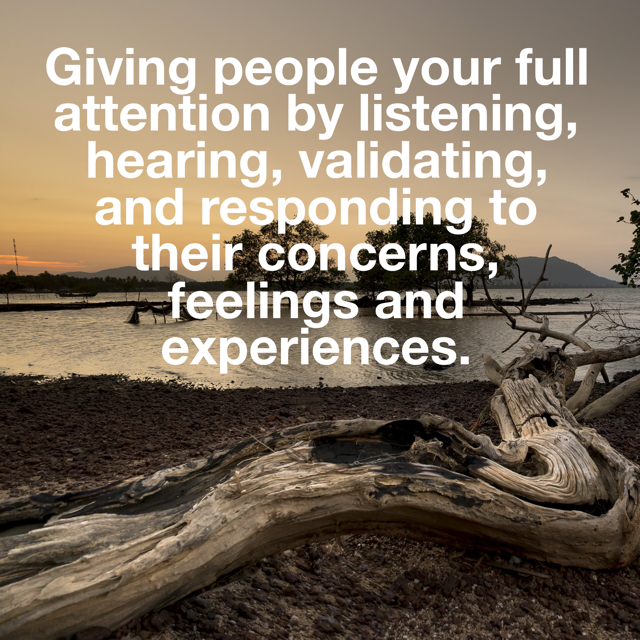Compassion is fuelled by understanding and accepting that we’re all made of strength and struggle—no one is immune to pain or suffering. Compassion is not a practice of ‘better than’ or ‘I can fix you’—it’s a practice based in the beauty and pain of shared humanity…..Brene Brown
Even though I've been out of school for quite a few years, I still think of September as a new beginning, and a time to ponder all the things I put off doing during the summer.
Writing a newsletter would be one of them as well as designing an online communication course and further developing my Facebook Practice Compassion Group.
I should note that getting into a regular stretching practice and eating less ice cream are top of the list too!
This summer, Brene Brown’s Atlas of The Heart really got me thinking about the nuances of emotions, and the quote above (from the book), helped me get even a clearer picture of the intricacies of compassion, and how its an essential part of empathy.
The connection between language and emotion is an important theme of the book, and how our feelings are limited by ability/inability to identify emotions.
For instance, a person might say that they are angry (surface emotion), without really understanding that what resides underneath are feelings of disrespect, helplessness and/or fear. When we can understand the nuances of our feelings (beyond anger, sadness and happiness) the limits of our emotional world are able to expand.
This is exciting for me personally and therapeutically, because the development of emotional vocabulary then becomes a direct window into the ability to express/understand feelings.
For example, if I understand that my sadness is actually about feeling shame, I can then take this insight and learn to be more self-compassionate/empathic, which is a fundamental part of healing.
That’s it for now, and you’re welcome to check out my FaceBook Self-Compassion Practice Group for weekly quotes/ponderings.
Hope everyone is enjoying the last days of summer,
Jason







